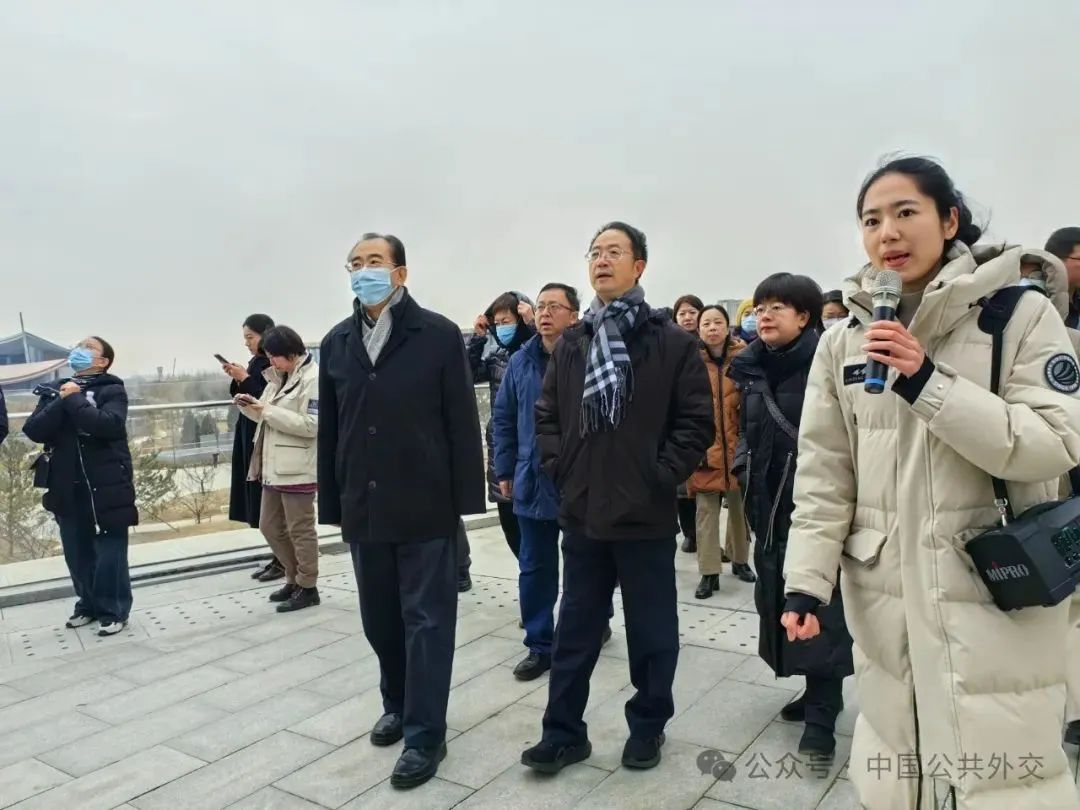The 2024 National Public Diplomacy Workshop, hosted by the China Public Diplomacy Association (CPDA) and supported by the Beijing Foreign Studies University (BFSU) and China Diplomatic Academy (CDA), took place in Beijing from January 18 to 19. Approximately 200 people attended, including heads of foreign affairs offices, associations for friendship with foreign countries, and public diplomacy associations of provinces, autonomous regions, and municipalities directly under the Central Government in China, as well as representatives from departments of relevant ministries and commissions, social groups, think tanks, media, and enterprises.
Hua Chunying, Assistant Minister of Foreign Affairs, delivered a keynote speech. Wu Hailong, President of CPDA, made a concluding speech. Ambassador Huang Zheng from the Policy Planning Department of the Ministry of Foreign Affairs; Counselor Hu Yumin from the Department of North American and Oceanian Affairs; Zhang Maoming, Deputy Director-General of the Department of Asian Affairs; Cao Lei, Deputy Director-General of the Department of European Affairs; Cui Qiming, CPC Committee Secretary of China Foreign Affairs University (CFAU) and Vice Chancellor of CDA; Wang Wen, Executive Dean of Chongyang Institute for Financial Studies at Renmin University of China (RDCY); and Zhou Xinyu, Vice-Dean of BFSU Academy of Regional and Global Governance, gave lectures. Hu Jian, Deputy Director-General of the Department of Press, Communication and Public Diplomacy of the Ministry of Foreign Affairs; Jiang Jiang, Vice President of the Chinese People's Association for Friendship with Foreign Countries (CPAFFC); Shi Ling, Vice President of the Chinese People’s Institute of Foreign Affairs (CPIFA); Yang Dan, President of BFSU; and Xu Zhongsheng, Vice Chancellor of CDA, attended the workshop.
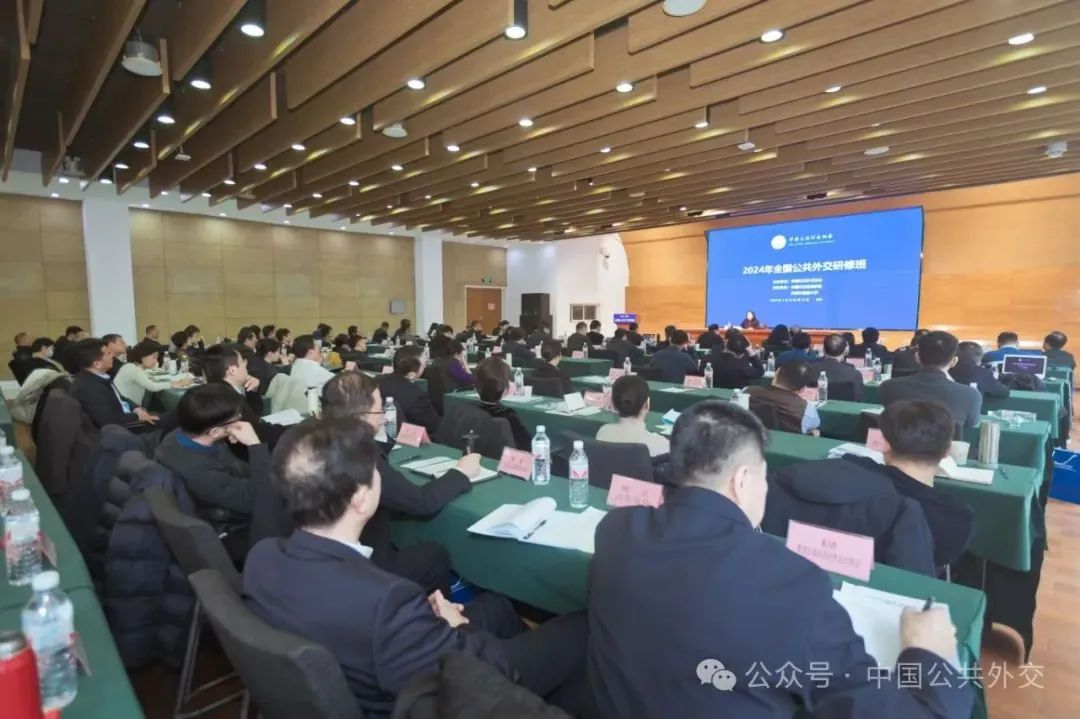
Hua Chunying, Assistant Minister of Foreign Affairs, emphasized in her keynote speech that the Party Central Committee attaches great importance to public diplomacy. Over the past decade in the new era, China has gained much more strategic autonomy and initiative in our diplomacy and become a responsible major country with enhanced international influence, stronger capacity to steer new endeavors, and greater moral appeal. Underpinned by our development, institution, and civilization, we are confident to tell genuine and engaging stories about China and have achieved solid results. We have been promoting Xi Jinping Thought on Socialism with Chinese Characteristics for a New Era, especially Xi Jinping Thought on Diplomacy, and letting the world know more about Chinese philosophies, initiatives, and solutions on head-of-state diplomacy and major diplomatic events. We have built a united front, busting the myth about Western discourse hegemony. We expanded communication channels to create a diverse and multi-dimensional system for making our voice heard. However, we must also be aware of shortcomings in our foreign-related public opinion and international communication efforts. This requires us to free our minds, seek truth from facts, and overcome challenges with historical and strategic confidence, shouldering the historical mission and responsibilities entrusted by our country and the era.
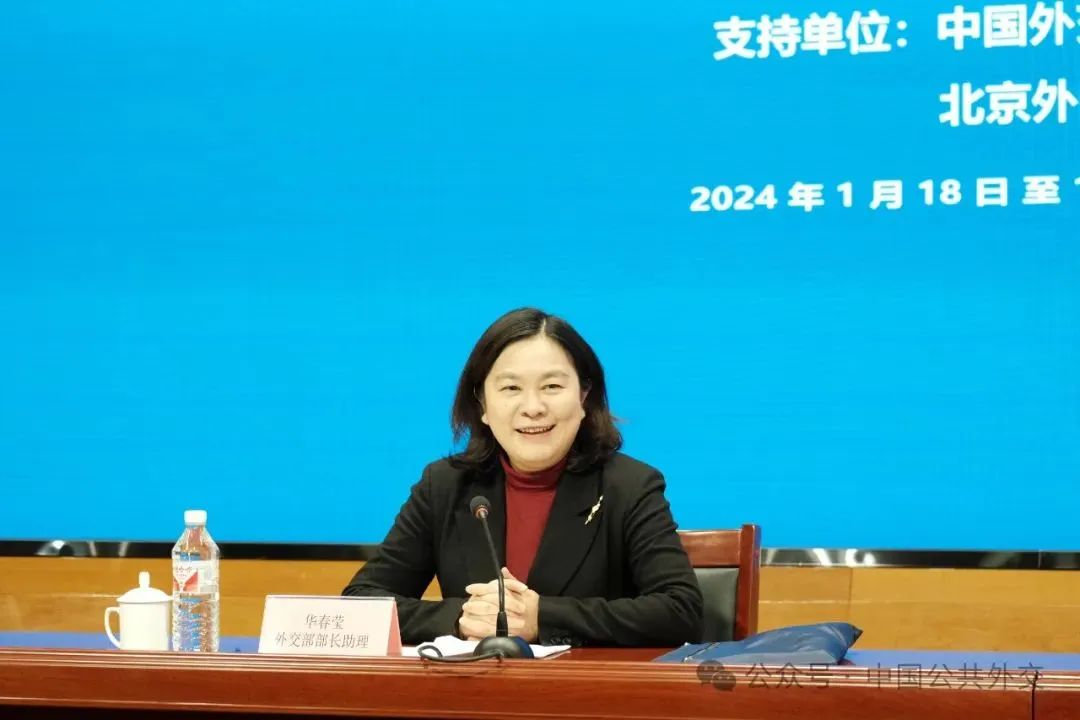
Hua stressed the need to tell genuine and engaging stories about China, under the centralized and unified leadership of the Party Central Committee. We should leverage strengths to address weaknesses with a focus on coordination and cooperation. As an “amplifier” for public diplomacy, the media are expected to seize opportunities presented by technological innovation to form a correct and objective collective memory of humanity. Chinese enterprises should engage more effectively in dialogue with the world to enhance the country's image, and think tanks, universities, and scholars should be more proactive in external communication. The new era and new circumstances require each of us to take more historical initiative and consciousness, fulfill our responsibilities, and contribute more efforts to elevating public diplomacy to new heights.
In his concluding remarks, President Wu Hailong expressed that the workshop is attended by participants from various departments with rich content and a packed schedule. All participants were attentive and engaged in enthusiastic discussions and in-depth exchanges. The enlightening and instructive speech by Assistant Minister Hua helped further enhance the participants’ awareness of serving public diplomacy. According to guiding principles of the Central Conference on Work Relating to Foreign Affairs, it’s paramount to promote public diplomacy with Chinese characteristics to advance Chinese modernization and the building of a community with a shared future for mankind, and create a favorable international environment for our country. Public diplomacy requires overall coordination and planning, mutual cooperation, and collective efforts. By fully leveraging their own characteristics, advantages, connections, and resources, each department and region should free their minds, change their perspectives, broaden their horizons, and shoulder responsibilities. Efforts should also be made to improve the capabilities and levels of public diplomacy, such as harnessing the new media, internet platforms, artificial intelligence, and other means for higher effectiveness.
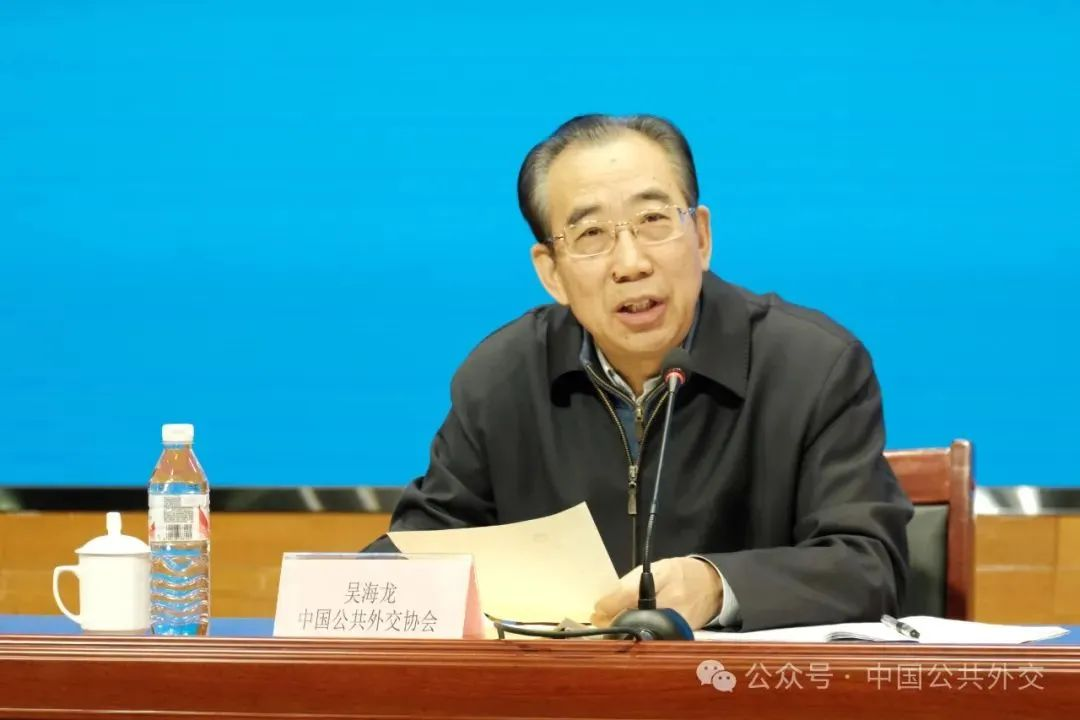
As major-country diplomacy with Chinese characteristics enters a new stage where much more can be accomplished, China's public diplomacy also follows the path, said President Wu. The CPDA stands ready to continue the collaboration with various departments to break new ground in advancing public diplomacy with Chinese characteristics.
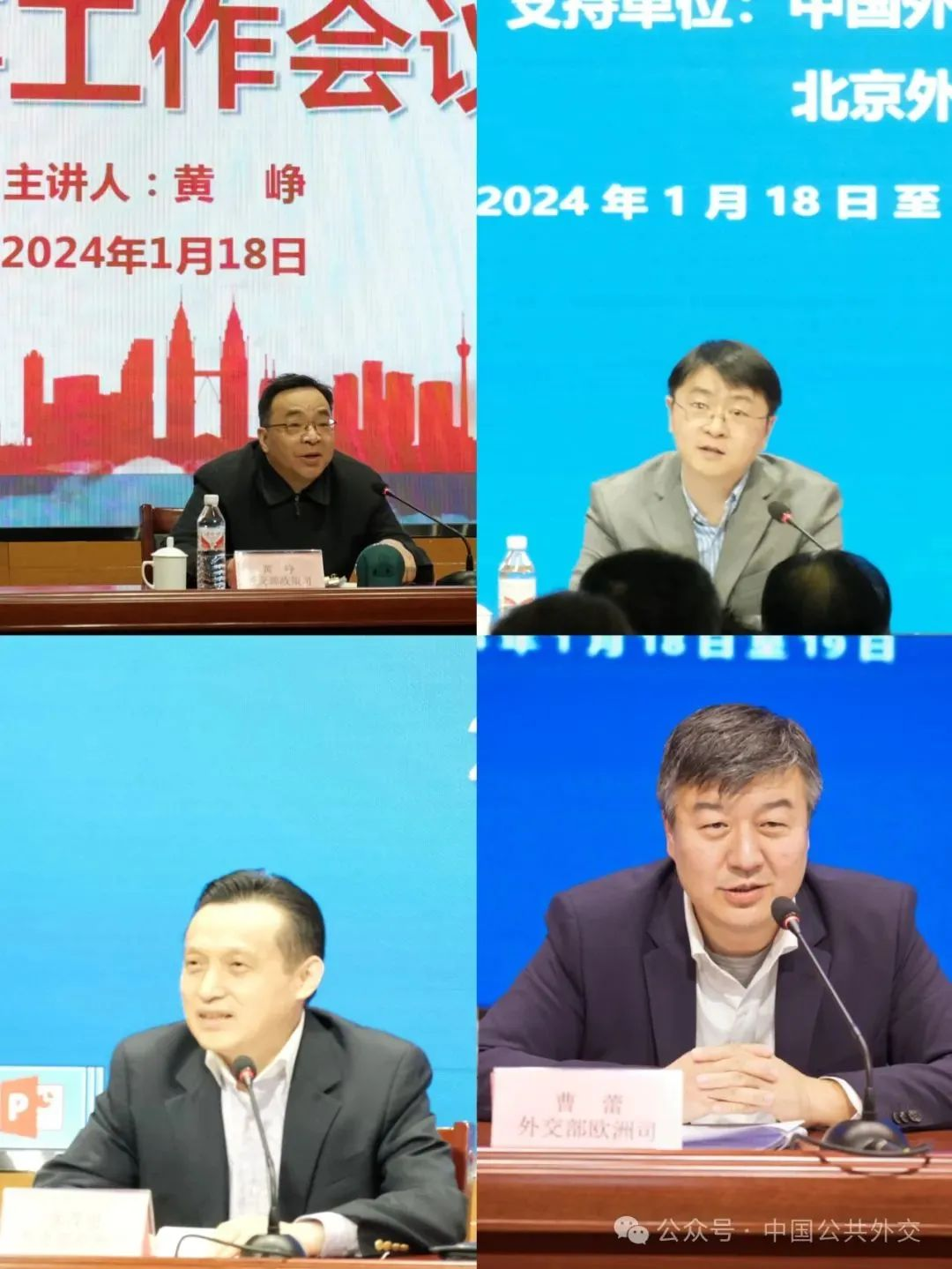
Ambassador Huang Zheng and other leaders gave lectures on various topics, including the in-depth study and implementation of the spirit of the Central Conference on Work Relating to Foreign Affairs, China-US relations, surrounding situation and neighborhood diplomacy, the European situation and China-Europe relations, public diplomacy and international communication capacity building, cross-border public opinion dissemination, and new tasks of public diplomacy in the new era. The participants engaged in lively discussions based on their own work and learning experiences.
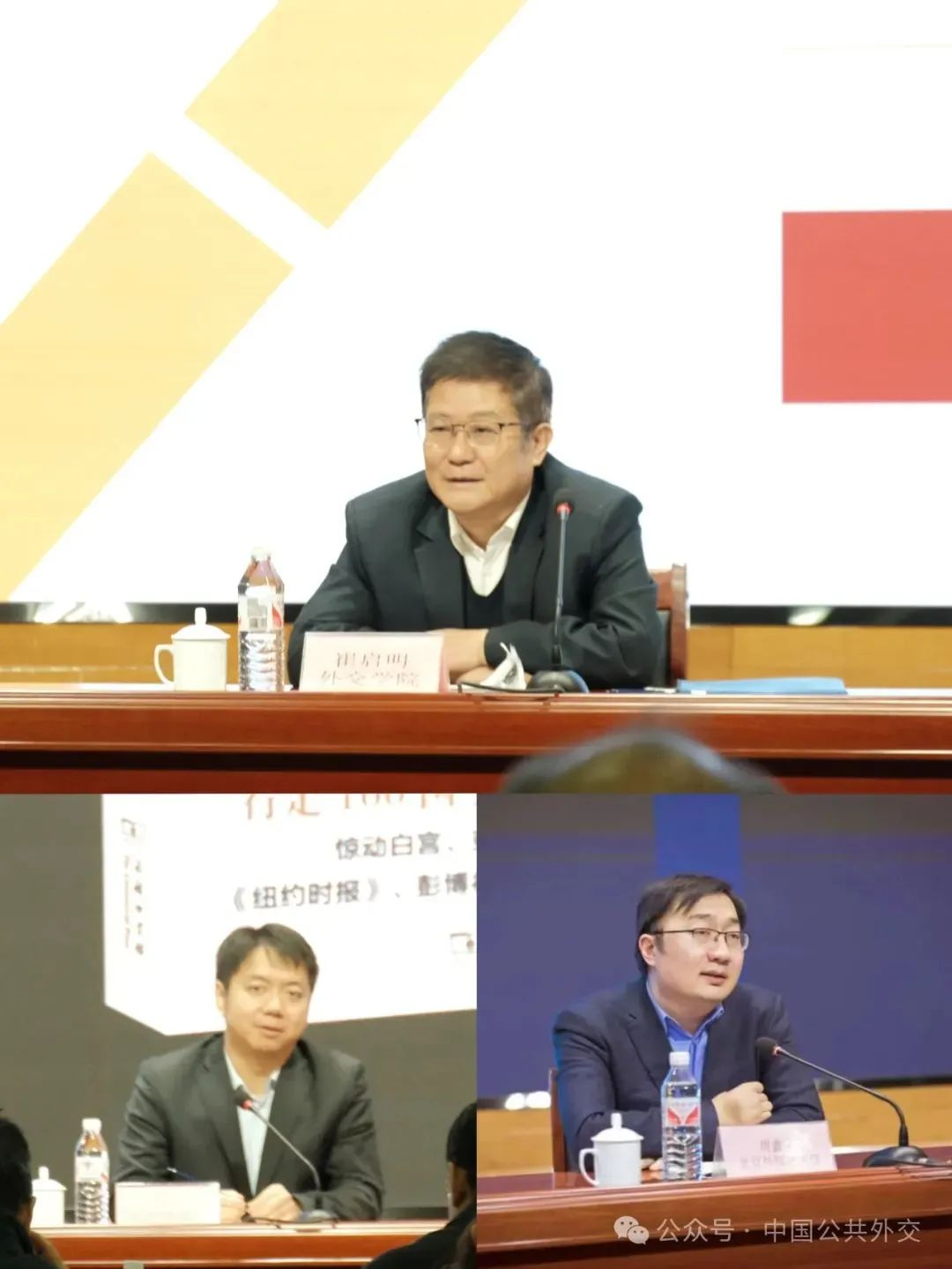
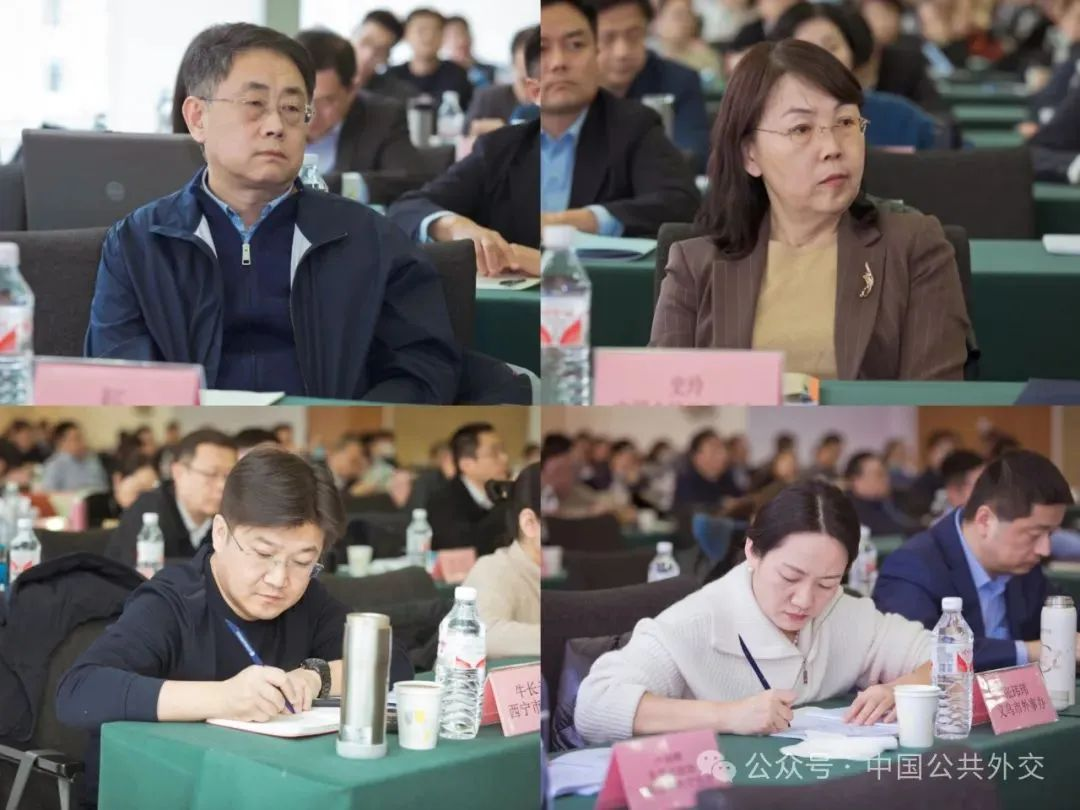
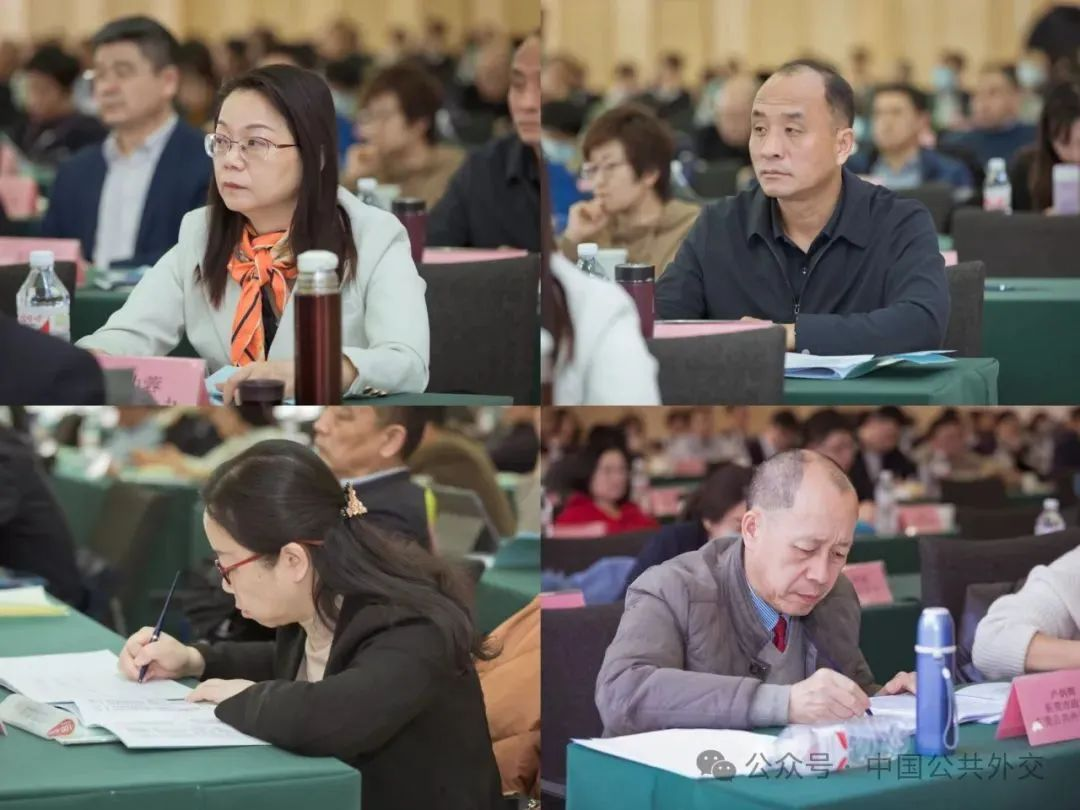
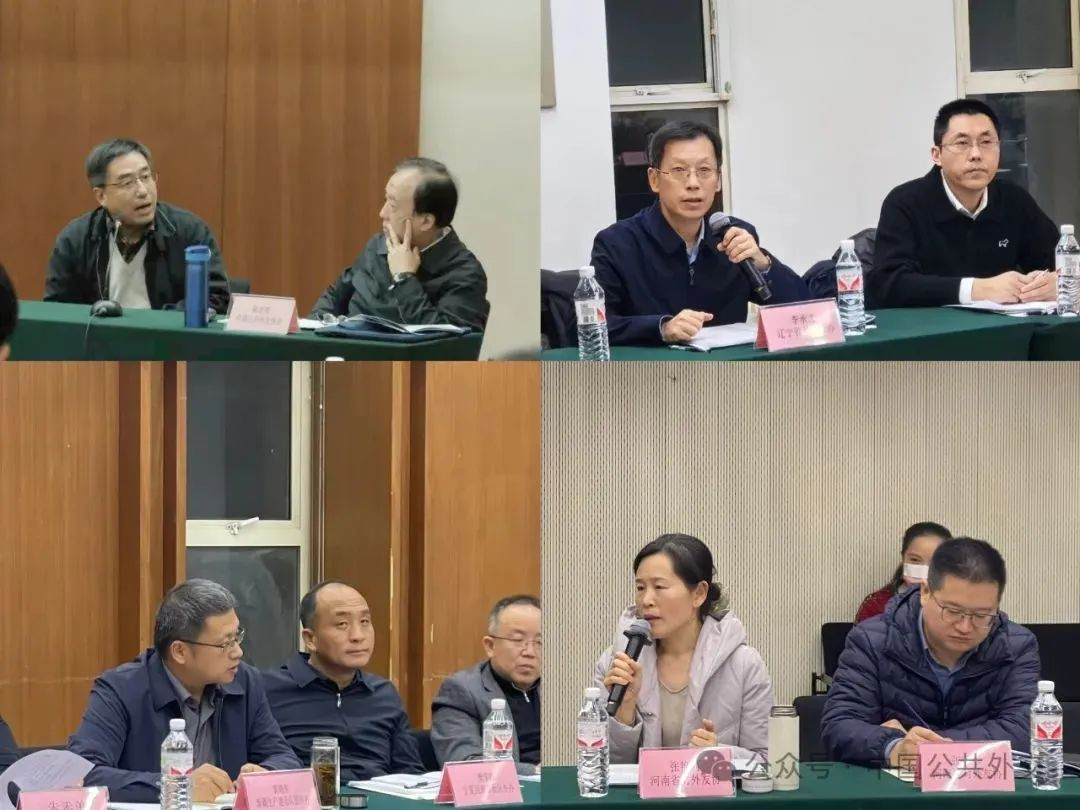
After the workshop, the participants visited the Beijing Municipal Administrative Center (BMC) to explore the Beijing Performing Arts Center, Grand Canal Museum of Beijing, and Beijing Library.
